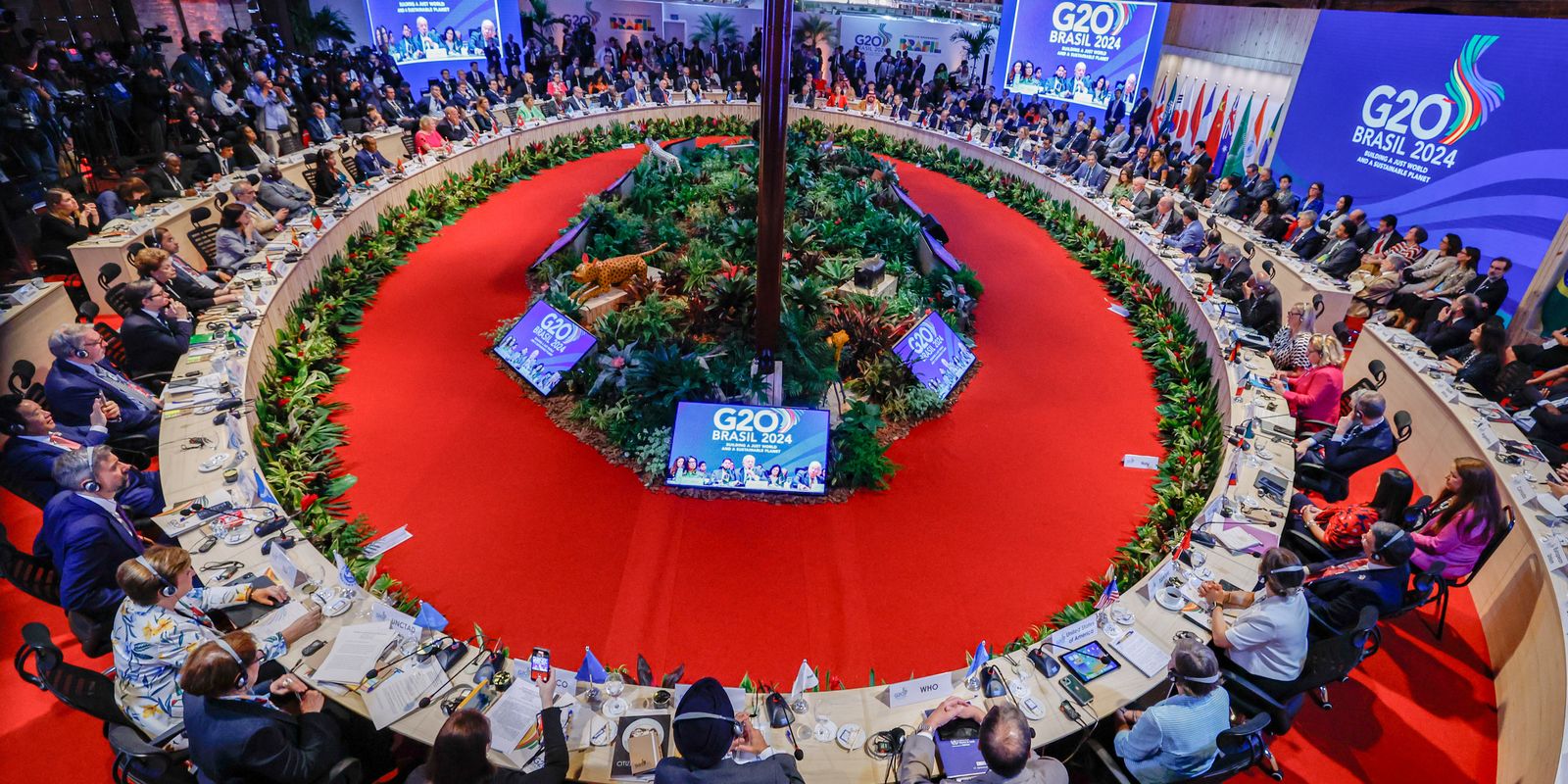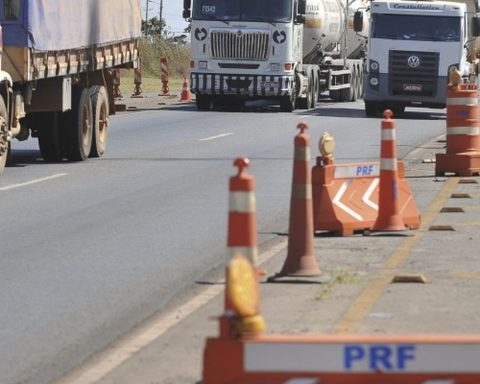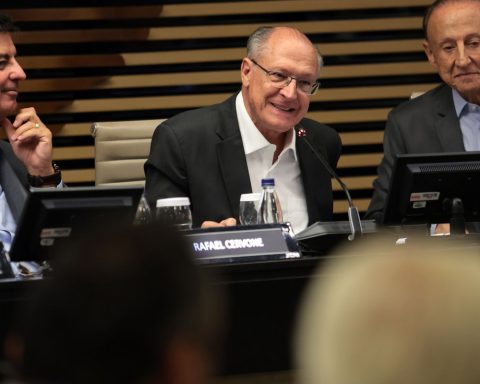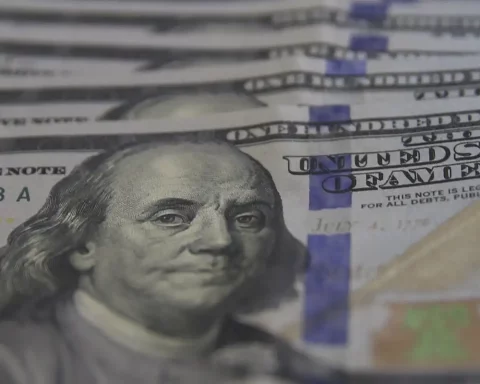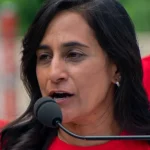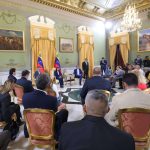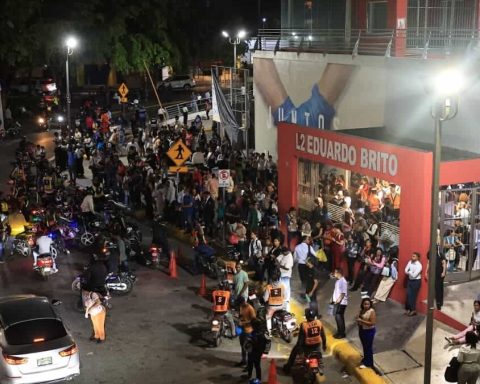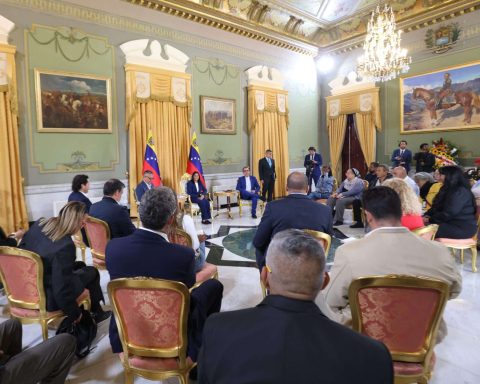The 3rd meeting of G20 Finance Ministers and Central Bank Governors ends this Friday (26) with a debate on issues related to sustainable finance. One of the topics that will be on the agenda is the Brazilian proposal to review the multilateral climate funds, the so-called green backgrounds. Another topic will be about resilient infrastructures, adapted to deal with environmental impacts.
“It is an important topic that we wanted to bring to the center of this session. We have had recent tragedies in Brazil, such as the floods in Rio Grande do Sul, the drought in the Amazon, the fires in the Pantanal”, highlights Ambassador Tatiana Rosito, Secretary of International Affairs at the Ministry of Finance and coordinator of the G20 Finance Track, in an interview this Thursday (25).
Before closing, those present will also discuss the international financial architecture and the reform of multilateral development banks. This is a topic considered a priority for Brazil.
In addition to the final statement from the meeting, a statement from the Ministry of Finance and another from the Brazilian presidency of the G20 are expected to be released. The latter will focus on geopolitical issues.
At the end of the first day of the meeting on Thursday, Finance Minister Fernando Haddad said that there will be an acknowledgement in the final text of the meeting that it is necessary to deepen discussions on the taxation of the super-rich. According to him, the topic is now included in the international agenda.
The meeting makes up the intense schedule of G20 activitiesheld in Rio de Janeiro. The participating delegations discussed the prospects for economic growth, the process of disinflation, job creation, regulation of the financial system and international taxation.
The relationship between macroeconomic policies and inequality was also addressed. “This issue was raised by the Brazilian presidency and was widely accepted,” said Tatiana Rosito.
According to the ambassador, there are 77 participating delegations among the G20 members, invited countries and international organizations. This number takes into account that the Ministry of Finance and the Central Bank of the same country have different delegations. Considering all those registered, there are more than 470 delegates in total.
The world’s 19 largest economies, as well as the European Union and more recently the African Union, have seats in the G20. The group has established itself as a global forum for dialogue and coordination on economic, social, development and international cooperation issues.
In December last year, Brazil succeeded India as president. This is the first time the country has held this position under the current G20 format, established in 2008. At the end of the year, Rio de Janeiro will host the G20 Summit, and the presidency of the group will be transferred to South Africa.
